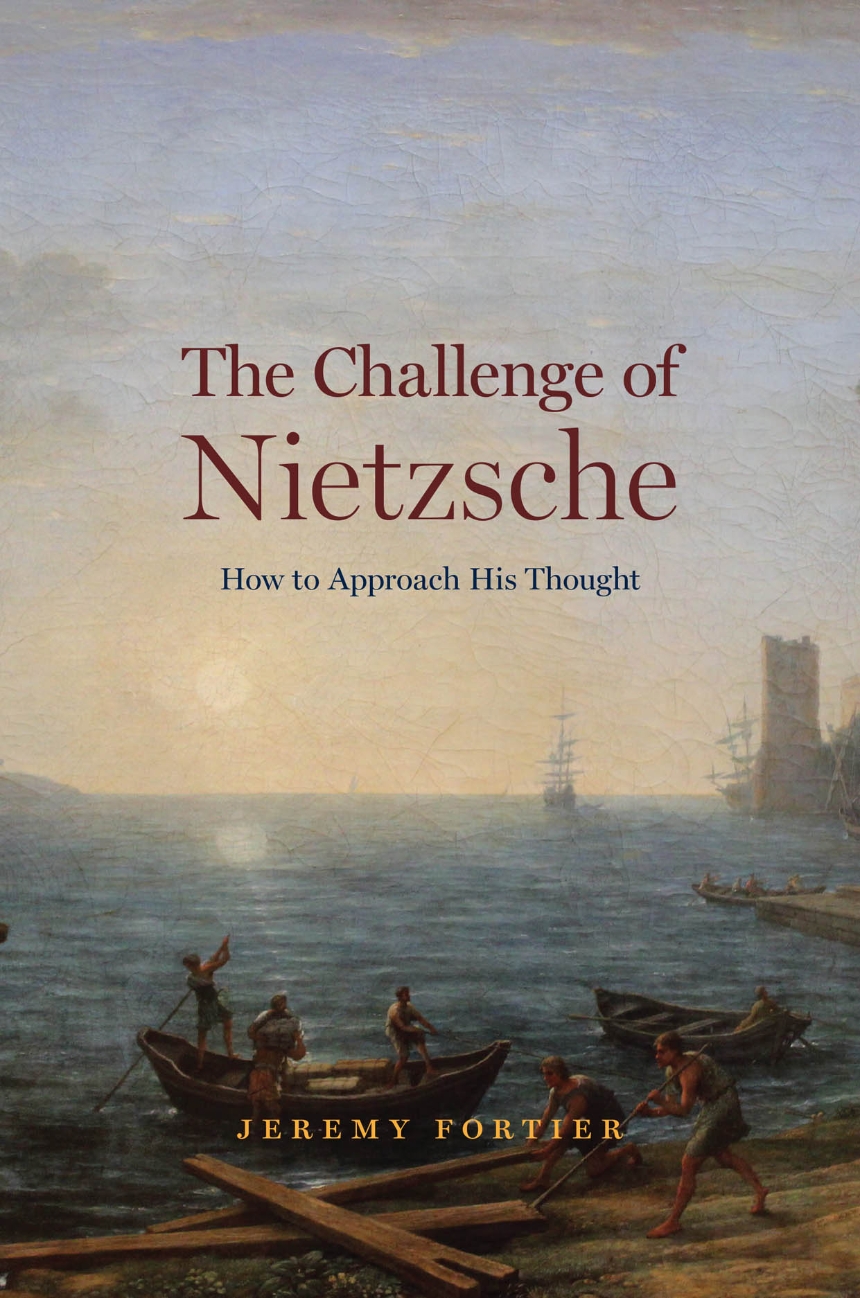The Challenge of Nietzsche
How to Approach His Thought
The Challenge of Nietzsche uses Nietzsche as a guide to Nietzsche, highlighting the fact that Nietzsche equipped his writings with retrospective self-commentaries and an autobiographical apparatus that clarify how he understood his development as an author, thinker, and human being. Fortier shows that Nietzsche used his writings to establish two major character types, the Free Spirit and Zarathustra, who represent two different approaches to the conduct and understanding of life: one that strives to be as independent and critical of the world as possible, and one that engages with, cares for, and aims to change the world. Nietzsche developed these characters at different moments of his life, in order to confront from contrasting perspectives such elemental experiences as the drive to independence, the feeling of love, and the assessment of one’s overall health or well-being. Understanding the tension between the Free Spirit and Zarathustra takes readers to the heart of what Nietzsche identified as the tensions central to his life, and to all human life.
256 pages | 6 x 9 | © 2020
Philosophy: Political Philosophy
Political Science: Classic Political Thought
Reviews
Table of Contents
Acknowledgments
A Note on References to Nietzsche
Introductory Remarks
Part 1: Independence
1 The Path to Philosophy in On the Genealogy of Morality and Human, All Too Human
2 The Program of Self-Discipline in The Wanderer and His Shadow
Part 2: Love
3 The Promise of Self-Transformation in The Case of Wagner
4 The Project of World-Transformation in Thus Spoke Zarathustra
Part 3: Health
5 The Prospects for Self-Knowledge in Ecce Homo and the 1886 Prefaces
Concluding Remarks
Notes
Works Cited
Index
